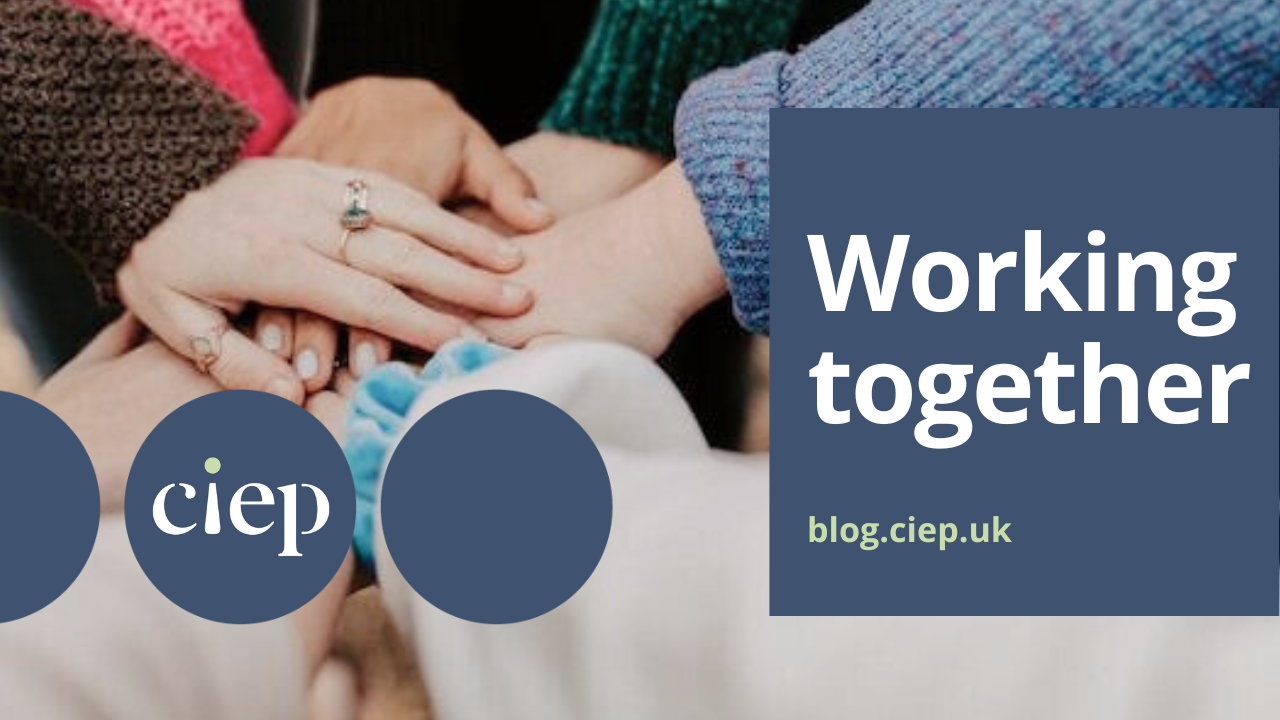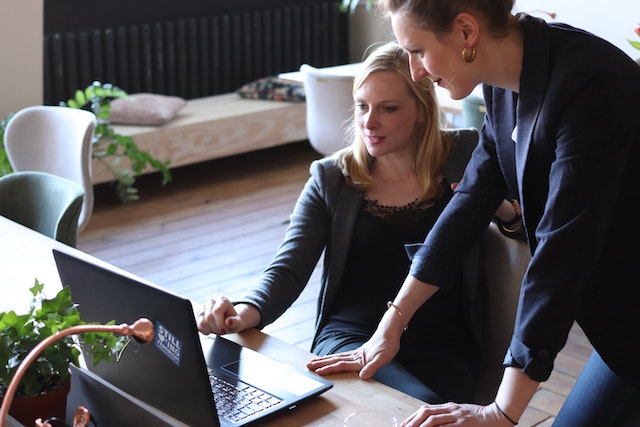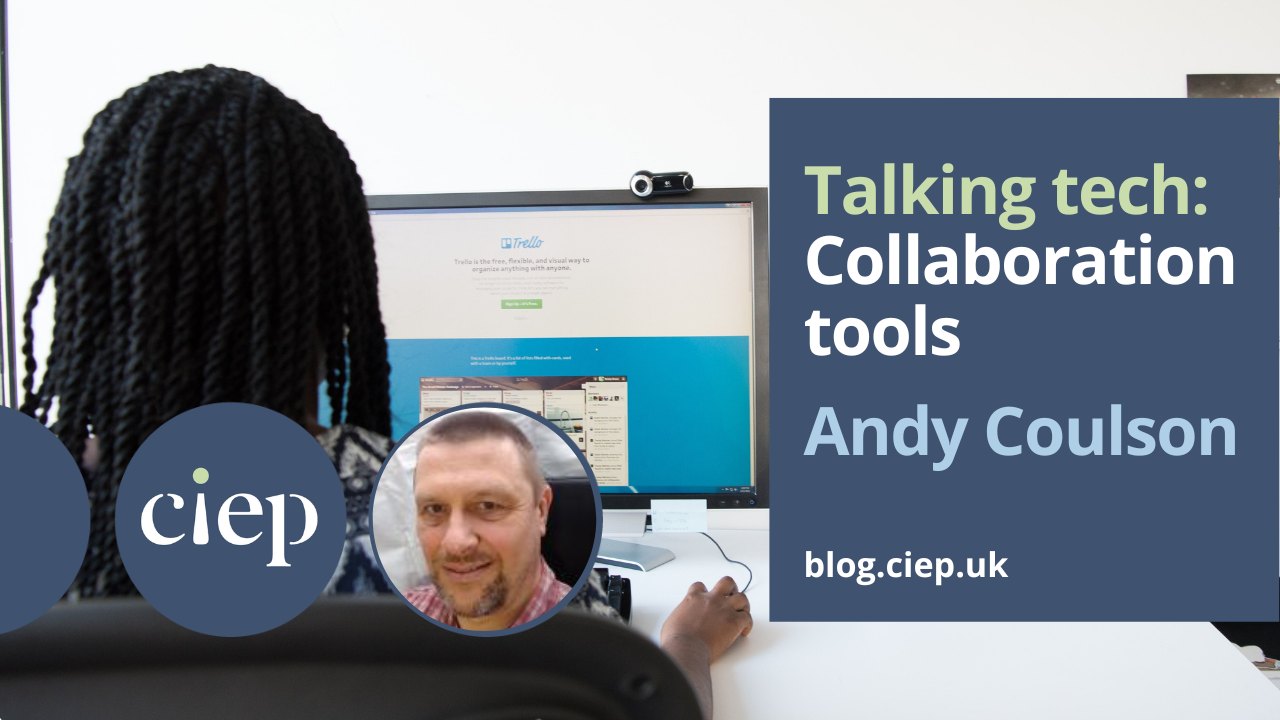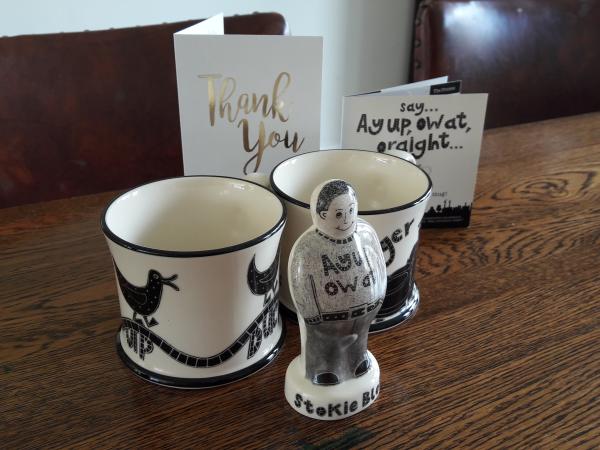One of the CIEP’s greatest strengths is its collegiality and mutual support. This extends to our members helping each other to find and succeed in work. Here are six ways we do this.
- Advising and encouraging
- Sharing information
- Supporting each other’s work
- Sharing opportunities
- Employing each other
- Working collectively
1. Advising and encouraging
The CIEP’s online member forums include a Newbie forum, where less experienced members can introduce themselves and ask questions about any aspect of being an editorial professional. These first questions often concern the best way to go about finding work. More experienced members respond with advice, encouragement and tips. These responses tend to reflect the same key themes:
- Get trained, so you have the knowledge and confidence to offer your services.
- Join a CIEP local group – in-person or online.
- Check out CIEP resources, including our fact sheets and guides. These are free to members.
- Think about how you will market yourself, including identifying the area of editing you will concentrate on. This might reflect your existing expertise (a field you’ve worked in, perhaps) or even your personal interests (for example a hobby like gardening or cookery).
- Don’t limit yourself, either. If you have trained in proofreading, consider adding copyediting to your training plan. This is because sometimes a client will ask you to ‘proofread’ a document which also needs elements of copyediting to get it ready for publication.
- Tell everyone you know that you are setting yourself up as an editorial professional. This may get you your first clients.
- Use the ‘search’ function to find similar threads in our forums – there is already lots of advice there. There’s also a pinned post near the top of the Newbie forum, ‘Newbie FAQs and Collated Wisdom from CIEP Members’, that includes invaluable tips and suggests some great resources for when you’re starting out as an editor or proofreader.
2. Sharing information
Within the CIEP member forums, information is shared about all sorts of editing- and proofreading-related subjects, from tax rules and software glitches to the use of commas. But CIEP members who aren’t registered for our forums can also benefit from the wisdom and experience of other members. Most of our fact sheets and all of our guides are written by CIEP members. The information in these resources aims to equip our members for work, from setting up a freelance business and getting your first clients to editing in specialist areas like scientific articles, cookery books and legal publishing.
Many of the topics covered in our bank of resources are explored at a deeper level in our range of training courses which, again, are designed and delivered by CIEP members.
And there’s more information in our vast collection of blogs which are overwhelmingly written by CIEP members. Our blogs cover almost every editing-related subject, many of which are related to gaining work. Use the ‘search’ function to see what you can find. The Flying Solo series, written by Sue Littleford, author of the Going Solo guide, is particularly useful if you’re just starting out.
3. Supporting each other’s work
Suzanne Arnold and Nadine Catto met through the CIEP London group during lockdown and realised that they lived round the corner from each other. Nadine says: ‘We started meeting up with a few other editors and have all become great friends. As Suzanne and I live very near, we often go for walks together. We have collaborated on a few work projects as well.’ Friendship and work combine, as Suzanne describes: ‘It is a regular (and very valuable) sounding-board thing and sometimes even a bit of informal accountability. But it’s not structured or planned – it’s two friends bouncing ideas around and sharing links to online resources etc and the “agenda” is very driven by what’s going on in our lives on any particular day.’ The connections created by their local group help them both. Suzanne says: ‘There’s a lot of informal help behind the scenes – on a more mundane level, too, such as messaging saying “does this sentence look right to you?” And that often involves the wider group of CIEP friends who live locally.’ Sometimes this informal help extends to pet-sitting: Suzanne feeds Nadine’s cat when she’s on holiday.
In contrast to this more informal growth of connections within a larger formal group, some CIEP members decide to set up their own small accountability groups. In a CIEP blog, ‘Accountability groups: What? Where? Why?’, Eleanor Abraham says: ‘It’s good to have other perspectives, but sometimes you don’t want 150 slightly different opinions, but rather the chance to talk things through with people you trust and respect.’ Eleanor’s group has an hour-long meeting each month, which suits the busy lives of its members; Erin Brenner’s accountability group has a monthly goals check-in and in-person and online retreats. Erin writes: ‘We’ll refer each other for work and collaborate on projects. Some of us have even partnered for new business ventures, and we regularly discuss opportunities to do so.’
4. Sharing opportunities
From recommending other people for work to advertising jobs they can’t themselves take, CIEP members often share work opportunities with each other. This happens on our member forums: on the Marketplace forum and local group forums in particular.
As Erin’s accountability group does, many members also recommend colleagues who possess the skills a client will need. Most people who have been editing or proofreading for a while have had the experience of being asked to suggest someone else if they’re too busy to take a job. Directories can help here. The CIEP has a directory of Professional and Advanced Professional Members, but some of our local groups also have their own directories of CIEP members which list their experience and specialisms. It also helps to pre-empt clients’ requests for recommendations to develop our own list of editors we would happily recommend if we can’t do a job.
5. Employing each other
A step beyond recommending our colleagues is employing them to do something for us. In ‘Reflections on the self-publishing process’, Kia Thomas describes commissioning two other CIEP members to help her publish her own novel, and they in turn report on the experience. The project went so well that Kia is planning to use the same team for her second novel.
Kia went about finding Judith Leask, her editor, ‘not just a good editor, but the right one for me’, by ‘asking CIEP members who were looking for more experience in fiction to put themselves forward for the job’. It can be a great approach to work with other editors who are at this stage of their career – for you as a ‘client’ and for the person you’ve asked to do the job. Judith says: ‘Being chosen by Kia to edit her novel was very exciting, because I knew I’d learn a huge amount from her, and that turned out to be true.’
The CIEP has a system for encouraging its members to work with other members who are keen to gain more experience: IM Available. This is a list, refreshed every fortnight, that includes any Intermediate CIEP members who are available for work, with details of their training, skills and experience, so that other CIEP members can employ them – to edit or proofread their own writing or to help with a surplus of client work.
6. Working collectively
Another way to deal with work that is too much for one editor or proofreader is to work in a partnership or a larger collective.
One such collective is Editing Globally, which, through six editorial professionals, spans the globe’s time zones but also the full range of tasks related to getting a publication produced: manuscript evaluations, project management, translation, developmental editing, line editing, fact-checking, copyediting and proofreading, formatting and design. This 24/7, end-to-end service can make it easier for a client to hit a tight deadline. Janet MacMillan, one of the editors in Editing Globally, is a fan of team working:
Editorial teams come in all sorts of shapes and sizes, from a team like Global Editing to informal, ad hoc, two-person teams who work together to complete a job over a timescale that would be impossible for one person. I value being able to work with trusted colleagues, whose expertise and knowledge I learn from, and I believe that learning makes me the editor that I am. No matter the size or shape of the team, being able to work with others expands an editor’s knowledge and skills.
Make the most of the editorial community
Freelance editing and proofreading can be lonely work. It pays off – sometimes literally – to reach out to your professional community. If you want some more ideas about how to do this, download our fact sheet ‘Making the most of the editorial community’, which is free for CIEP members.
 About the CIEP
About the CIEP
The Chartered Institute of Editing and Proofreading (CIEP) is a non-profit body promoting excellence in English language editing. We set and demonstrate editorial standards, and we are a community, training hub and support network for editorial professionals – the people who work to make text accurate, clear and fit for purpose.
Find out more about:
Photo credits: hands together by Hannah Busing on Unsplash; two women working together by CoWomen on Pexels.
Posted by Sue McLoughlin, blog assistant.
The views expressed here do not necessarily reflect those of the CIEP.
















